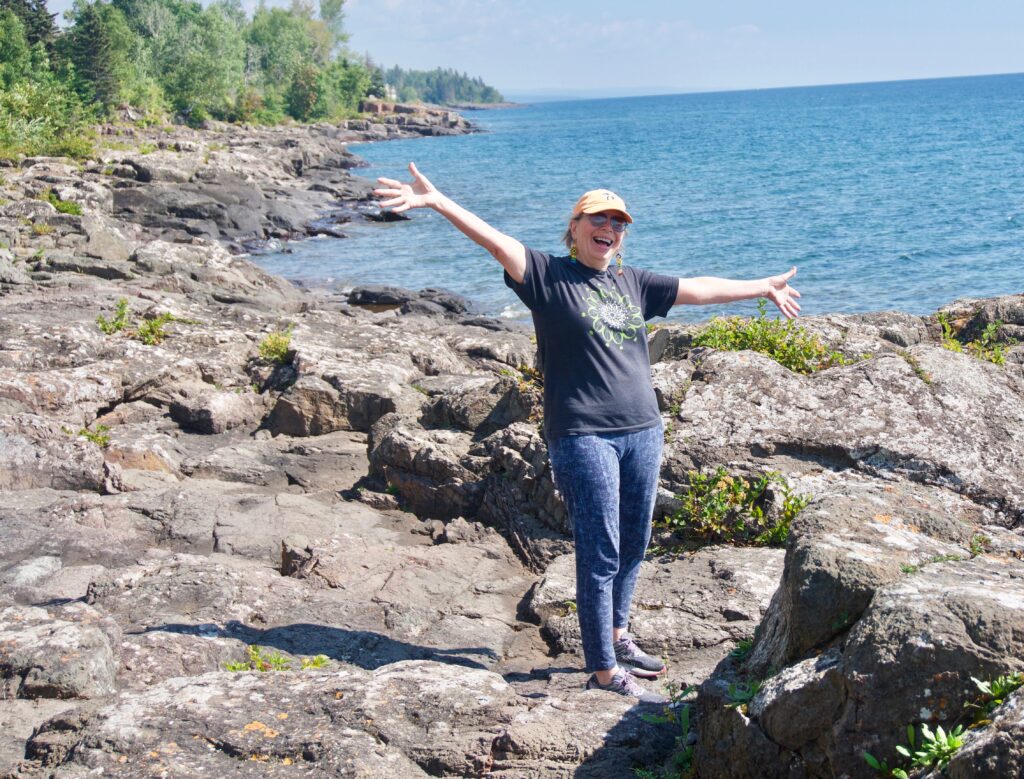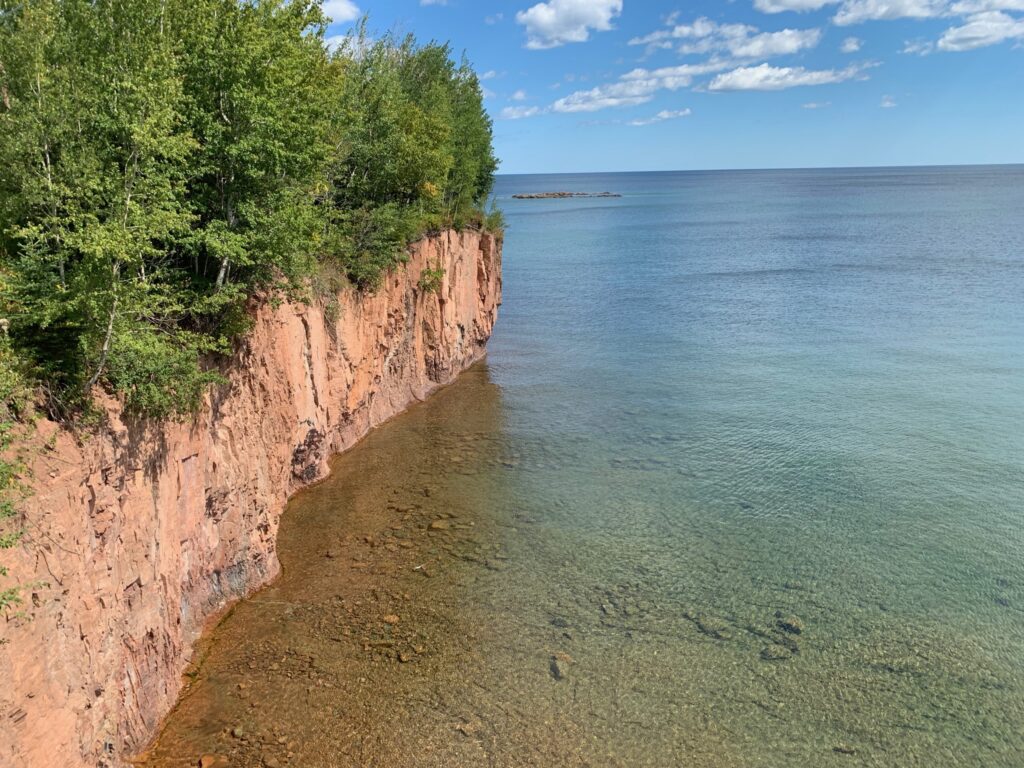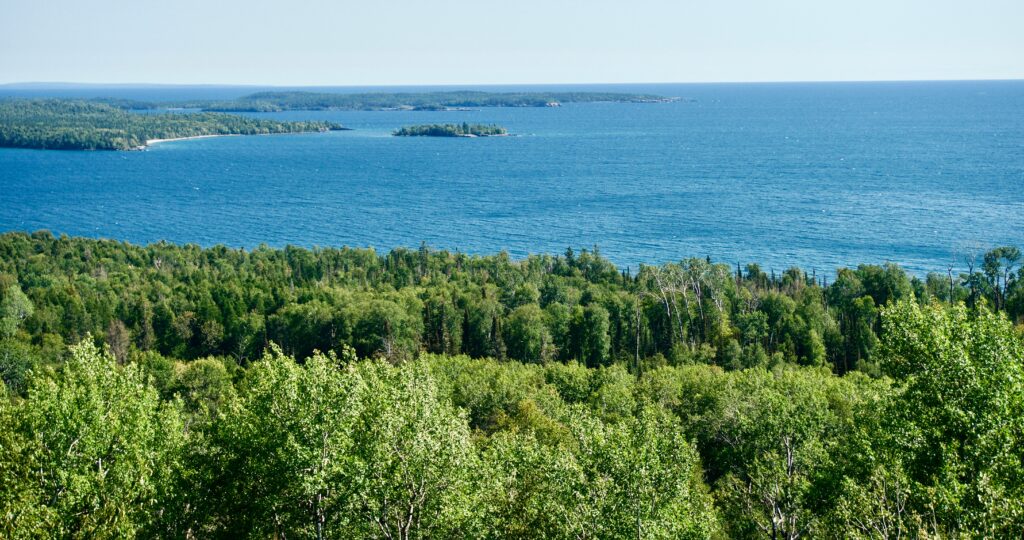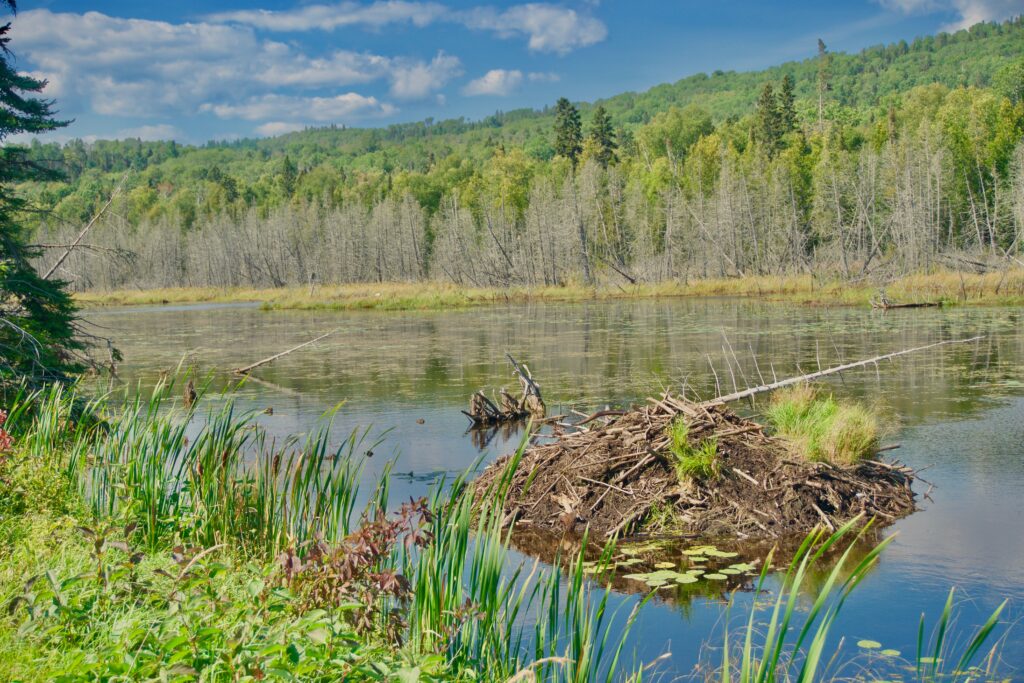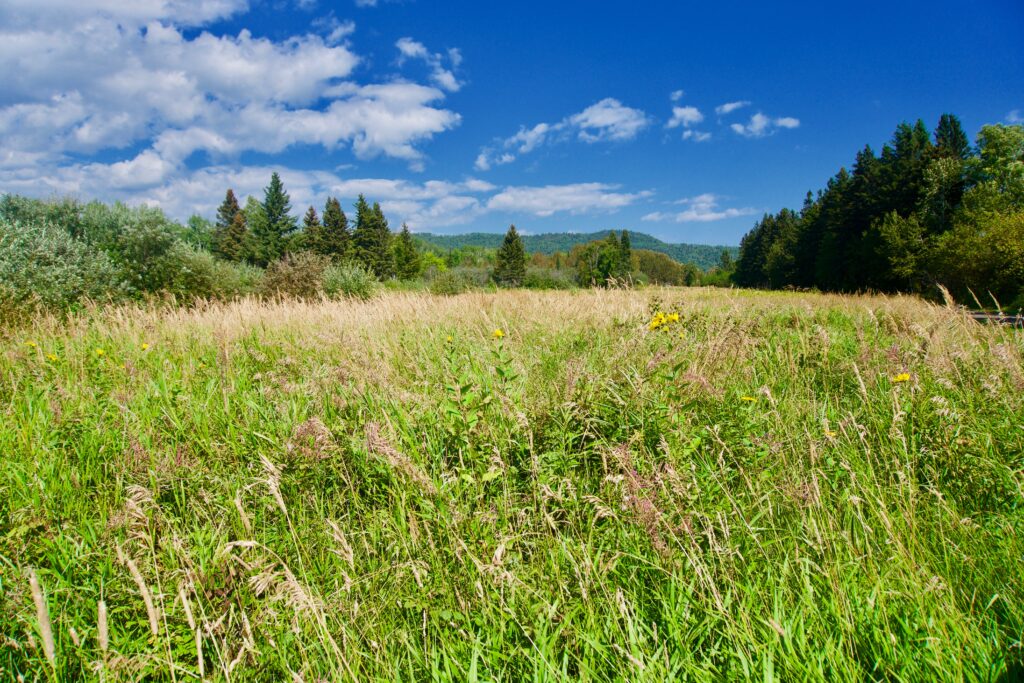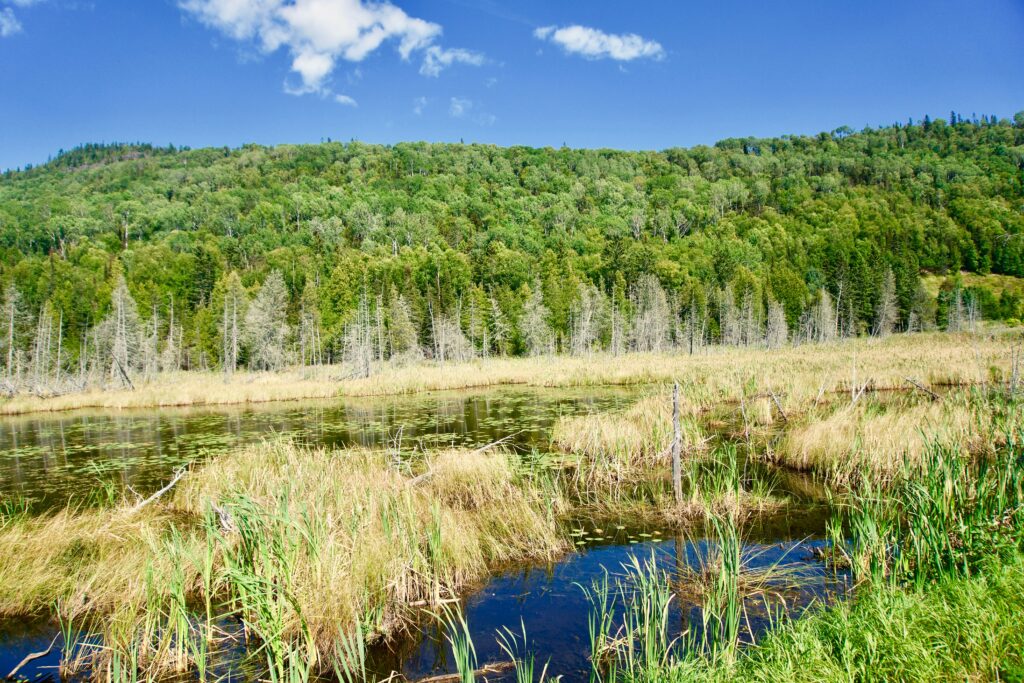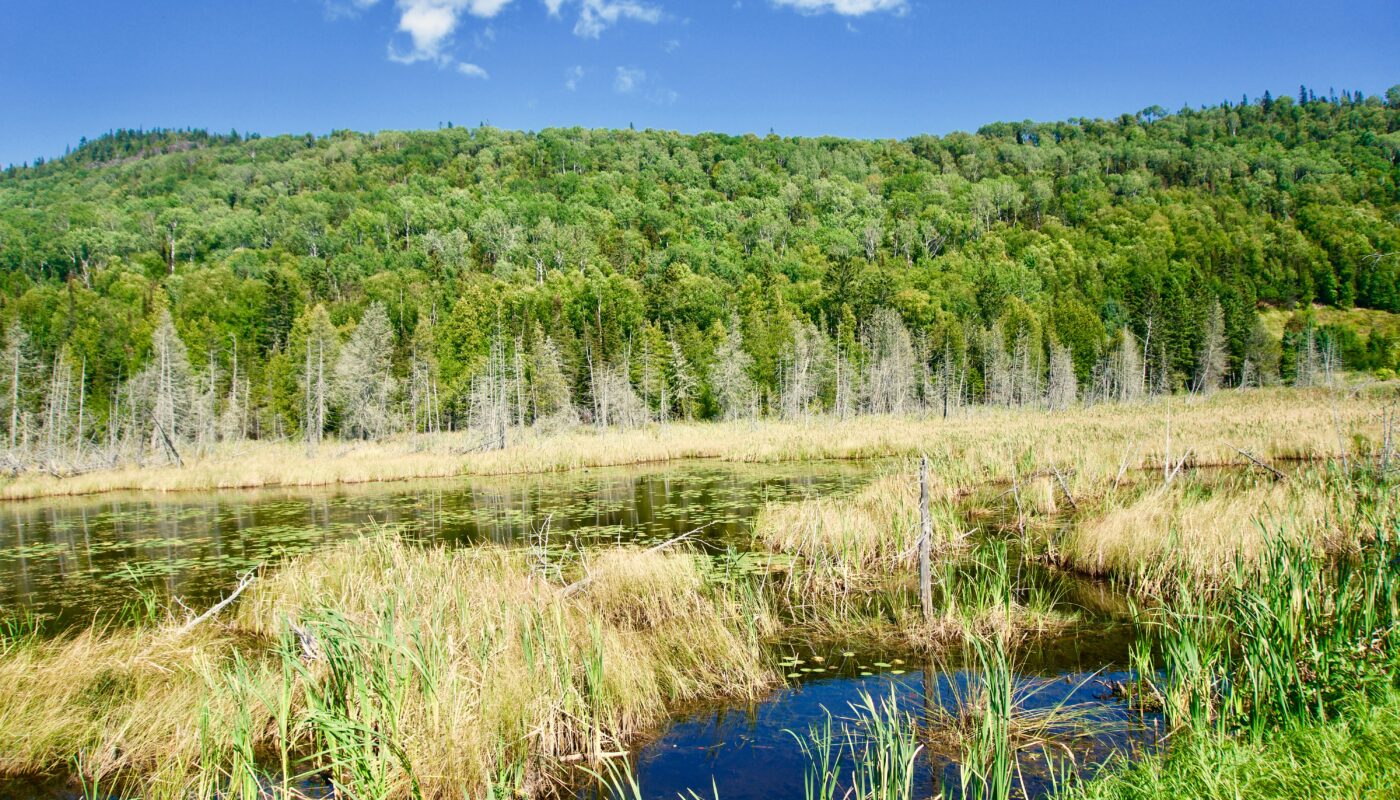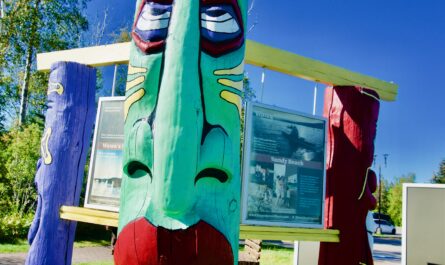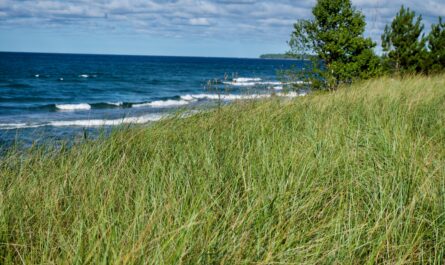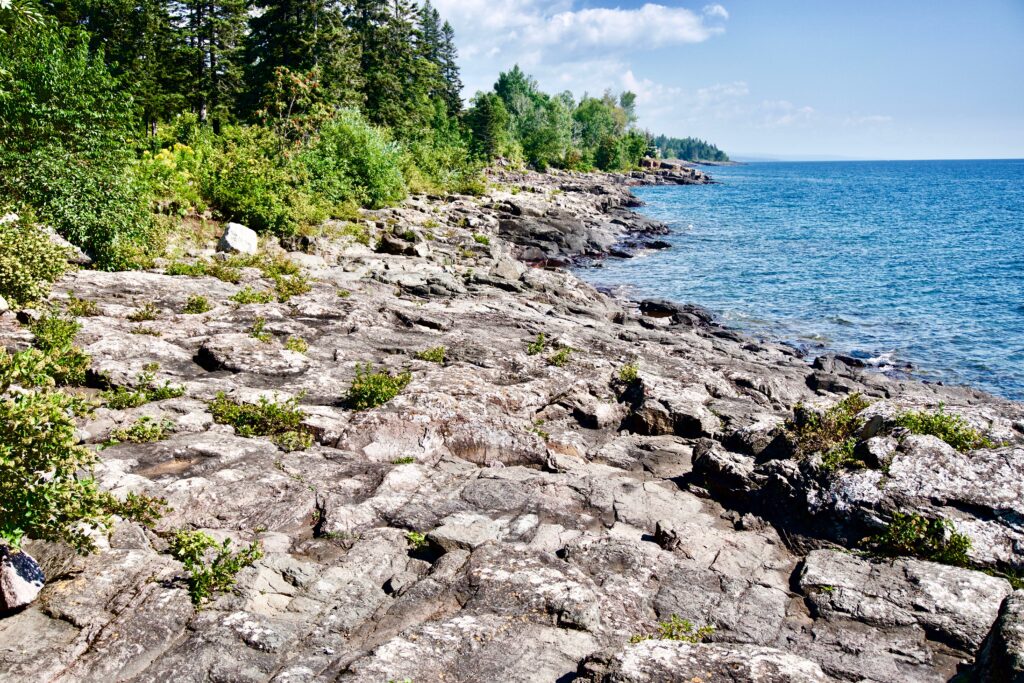
SILVER BAY, MINN. — Where land meets the cold waters of Lake Superior north of Duluth is where 4 billion year-old basalt, granite, sandstone, and shale welled up from volcanic fires in the years of Earth’s formation to eventually declare a treacherous truce with mankind. The shoreline is all hard rock and freshwater spray, a long ribbon of impenetrable defense against the sort of fierce storm surges and steady erosion that wash away homes and ports along the much softer sand beaches of Lake Michigan.
It’s an important distinction. Until the modern two-lane highway — Route 61 — was constructed from Duluth to the Canada border 60 years ago, the region was so lightly settled by Native Americans and a few white families that North Shore villages rarely counted more than 200 residents. Today the North Shore, with its parks and shoreline, forests and clean lakes and rivers, is a recreational destination for tens of thousands of visitors, and the home of thousands of business owners and staff members and tradespeople who take care of them. New construction is occurring close to a shoreline of volcanic rock that drops straight to the water and displays scant evidence of receding.
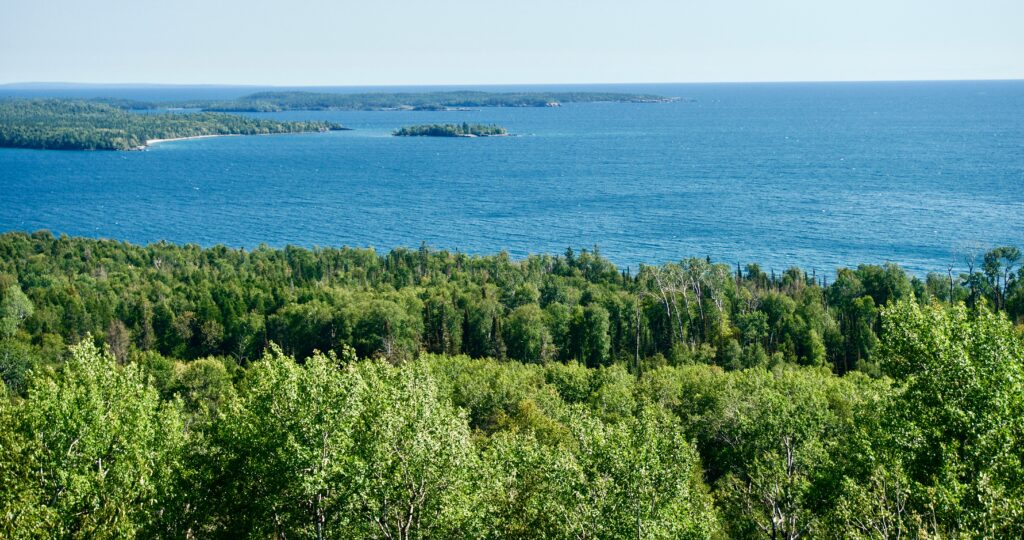
Gabrielle and I recognized the hard and wild personality of this region while camping for two nights on Lax Lake, near Silver Bay and close to the North Shore. Nature’s full glory and myriad nuisances are available at any moment. The season fills the woods with bees anxious to bother and alarm. Gabrielle is deathly allergic to stings. We were in the wilderness, surrounded by bees, on the 41st anniversary of the day she went into anaphylactic shock following a bee sting and nearly died. So I biked alone the nearly 20 miles of shoreline-hugging Gitchi-Gami State Trail and fought off biting flies and a strong wind the whole ride.
But at night loons sounded on the lake, a cry forlorn and whimsical. The pine treetops whispered in a soft wind. Stars brightly dimpled the dark sky and campfires warmed the cool air. Glorious.
On the morning of the third day we rolled up the campsite, stowed the cook gear, and departed for Canada, fewer than 100 miles north, continuing our trek along the Circle Tour of Lake Superior. At an overlook, a plaque dedicated to S. Rex Green, the engineer who led work to build the highway, reads: “As engineer of lands and right of way, he helped establish this highway for the public’s full enjoyment of the Glories of Forest, Stream, and Lakes.” Thank you for your civil service, Mr. Green.
Continuing north, the land rose up in sturdy mountains cloaked in deep forests and dropped down in hard red rock to a shoreline washed in Lake Superior’s power. At one point we followed a local road along the shoreline that led us to a little lakeside park where we could gingerly climb among the rocks, warm in bright sunshine, and listen to the lake’s moving waters and the wind. At another point we turned off to view the Grand Portage National Monument, which honors trade between Native American hunters and European fur traders. Further along we encountered a shimmering wetland at the foot of a steep mountain slope. It was guarded by a big beaver lodge.
I’ve spent decades traveling to so many beautiful, impressive places in our country, places preserved and conserved for their value to nature and man. Minnesota’s North Shore is among the most spectacular landscapes I’ve visited.
Onward to Ontario.
